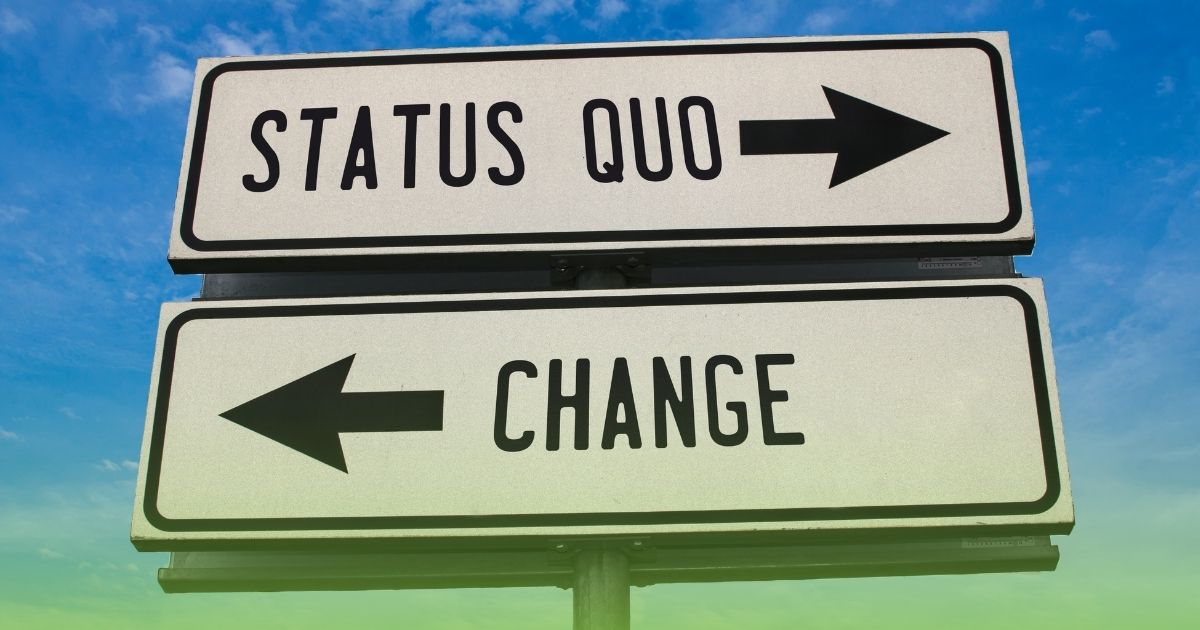With an increasing amount of business beginning to shift their operations to sustainable models, consumer speculation and scepticism has helped uncover greenwashing efforts and recognize the companies truly seeking to combat climate change [1, 2]. For businesses, working towards enacting sustainable solutions should not be seen as a Corporate Social Responsibility (CSR) requirement, just as an Environmental Societal and Governance (ESG) policy should offer platitudes without action. Companies that are serious about engaging their workforce, portfolio, and their consumers to act on climate issues are promoting “mutual success”, as explains General Electric’s Chief Sustainability Office Roger Martella [3], “Different companies play different roles, but they are unified in the belief that now is the moment to capitalize on that energy and act.”
Easier Than You Think
Sustainable solutions are easier to implement than many realize [1, 4]. There are opportunities for companies of all sizes to improve their sustainability, efficiency, and societal impact – but the first step, committing to change, is the most difficult [5]. While combining business and politics has often been a complicated path for companies to navigate, failing to adapt to consumer demands and long-term social policy is a far more dangerous stance [6]. However, engaging in activism can lead to a much stronger business model, as companies like Patagonia have demonstrated. The outdoor equipment and sportswear designer has been committed to social and environmental causes since 1985, when it donated 10% of its profits to conservation programs and organizations, before changing it to a yearly 1% donation on all revenue [4, 7].
Patagonia has since publicly supported Planned Parenthood through donations, sued the Trump Administration over its handling of national parks, funded campaigns to change U.S. public policy, and increased its climate advocacy and financial support for conservation efforts [4]. The company’s staunch support for progressive policies has led to boycotts of its products, a move that its executives highlight has not had a negative impact on their bottom line, and has actually increased their customer base [4]. “People often ask, ‘Are you a for-profit business or are you an NGO?’” Patagonia CEO Ryan Gellert told the Los Angeles Times [4], “And the answer in my mind is yes; I think we’re some weird mashup of those two things. What we really are is a for-profit business, and we use the business to try to influence larger, more systemic issues.”
Leading by Example
Patagonia’s long-standing activism is leading other major brands to shift their sights on changing systemic issues. Whether social, like Nike’s support for civil rights advocate Colin Kaepernick, or climate-related, like insurance giant AIA’s $10 billion divestment from coal, an increasing number of global companies are taking a stand for causes they believe in [4, 8]. However, more needs to be done, and more can be done. Sustainability is not a passing consumer fad, but a real movement seeking to improve the environmental and social outlook of the planet, companies are working to achieve mutual success [3, 6].
“The problem right now is you have businesses that are afraid,” explains Marc Elias, a voting rights lawyer who works with Patagonia and other companies on their activism efforts in an interview with the Los Angeles Times [4], “The instinct of most corporate leaders is to seek safety by staying with the herd and issuing only the blandest possible statements, it’s really unfortunate, because now is not the time for businesses to offer thoughts and prayers.” So what is the solution? Take a stand and act. Safeguarding the planet for future generations does not need to come at the expense of a business’ bottom line, they are not mutually exclusive – have you thought about what you can achieve?
Key Takeaways
- Sustainable solutions are easier to implement than many realize, and can be undertaken by businesses of any size [1, 4-8];
- Taking a stand on core issues and actively supporting causes will enhance your business, not detract from it [1, 4];
- Consumers are more likely to support a company that wants to build a better future [1,2, 4].
References
[1] Vincent Diringer, 2022, “The Importance of Sustainable Business Models”, LEAD-WiSE.
[2] Vincent Diringer, 2022, “Greenwashing”, LEAD-WiSE.
[3] Roger Martella, 2022, “How businesses are taking the lead to get the world to net-zero”, World Economic Forum.
[4] Andrea Chang, 2021, “Patagonia shows corporate activism is simpler than it looks”, Los Angeles Times
[5] Andrew Winston, 2021, “Sustainable Business Went Mainstream in 2021”, Harvard Business Review.
[6] Knut Haanaes, Natalia Olynec, 2022, “Why all businesses should embrace sustainability”, International Institute for Management Development.
[7] Patagonia, 2022, “ Environmental Activism”, Patagonia.
[8] Yvonne Lau, 2021, “7 years ahead of schedule, AIA becomes the first major Asian insurer to end coal exposure” Fortune.
